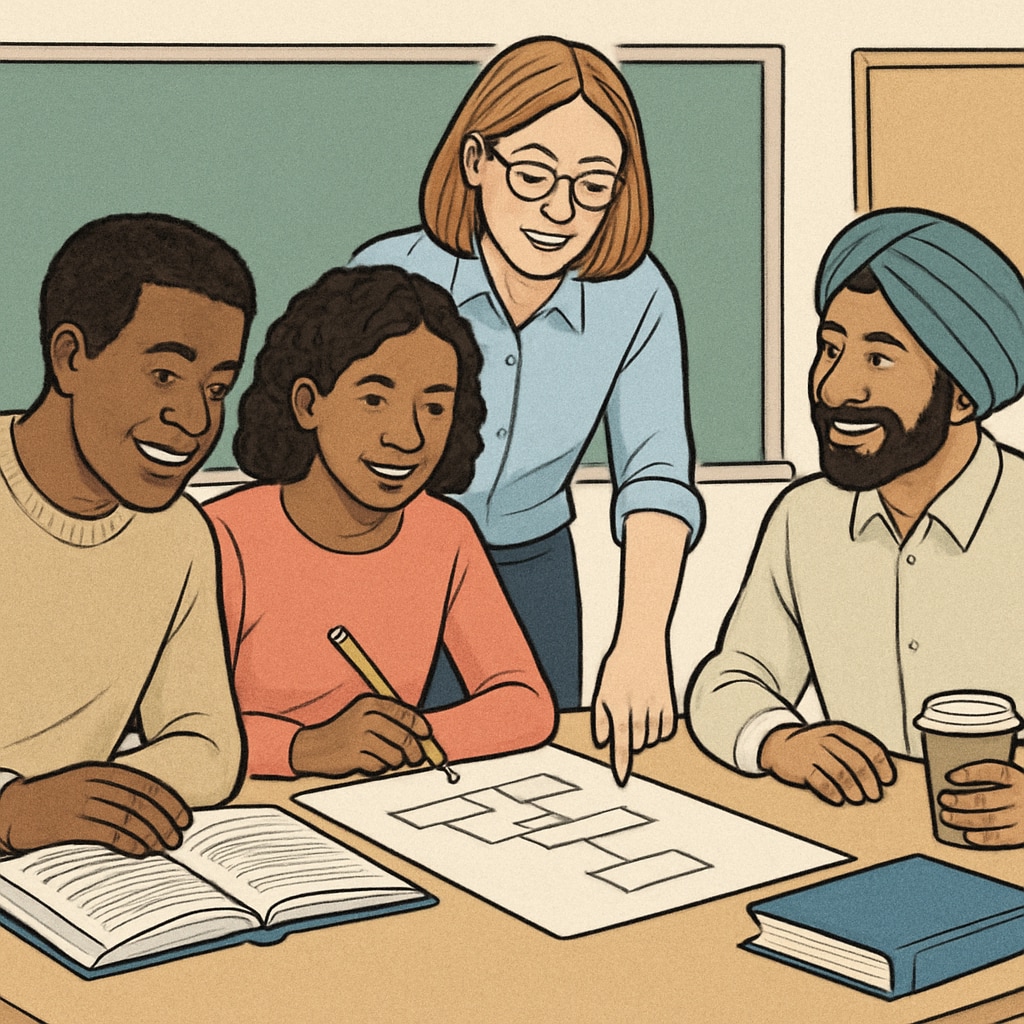Many adults struggle with the lingering effects of childhood educational gaps, which manifest as foundational knowledge deficits and often contribute to feelings of self-doubt or inadequacy. These challenges, while daunting, are not insurmountable. In fact, with a deliberate and structured approach, it’s entirely possible to bridge these gaps, rebuild critical knowledge, and regain confidence in both personal and professional settings.
The Long-Lasting Impact of Early Educational Gaps
Childhood educational gaps can stem from various factors, including limited access to quality schooling, family circumstances, or undiagnosed learning difficulties. Over time, these gaps can create a ripple effect, influencing not only academic performance but also social interactions and career opportunities.
For example, lacking basic numeracy or literacy skills might hinder an individual’s ability to perform everyday tasks, such as budgeting or writing professional emails. This, in turn, can lead to feelings of embarrassment or reluctance to engage in situations where these skills are required, perpetuating a cycle of self-doubt.

Rebuilding Foundational Knowledge as an Adult
While the effects of early educational gaps can be profound, adulthood provides a unique opportunity to revisit and strengthen foundational knowledge. Unlike during childhood, adult learners have the advantage of self-awareness, motivation, and access to a wealth of resources tailored to different learning styles.
Here’s a step-by-step approach to addressing these gaps:
- Identify Specific Areas of Deficit: Start by assessing which foundational skills are lacking, such as literacy, numeracy, or general knowledge in subjects like history or science. Free online tools and diagnostic tests can help pinpoint these areas.
- Leverage Accessible Resources: Platforms like Khan Academy and Coursera offer free or affordable courses designed for self-paced learning. These resources provide structured lessons to help rebuild knowledge systematically.
- Adopt a Growth Mindset: Remind yourself that learning is a lifelong process and that it’s never too late to acquire new skills. Celebrate small victories along the way to maintain motivation.
- Seek Support Groups or Tutors: Joining community education programs or working with a tutor can provide personalized guidance and accountability in your learning journey.
- Practice Regularly: Consistency is key. Dedicate a specific amount of time each day or week to focus on learning, ensuring gradual but steady progress.

Overcoming Self-Doubt and Building Confidence
One of the most significant barriers to addressing educational gaps is the psychological toll they take. Many adults experience impostor syndrome or self-doubt, fearing judgment from peers or colleagues. However, there are strategies to combat these feelings while rebuilding confidence:
- Reframe Negative Thoughts: Instead of focusing on what you don’t know, concentrate on the progress you’ve made and the skills you’re actively developing.
- Set Achievable Goals: Break your learning objectives into small, manageable tasks. Achieving these micro-goals provides a sense of accomplishment and reinforces positive self-perception.
- Surround Yourself with Supportive People: Engage with individuals who encourage your growth and understand the challenges of adult learning.
- Celebrate Milestones: Recognize and reward yourself for each milestone you achieve, whether it’s completing a course or mastering a new skill.
By focusing on incremental improvements and cultivating a supportive environment, adults can overcome the emotional hurdles associated with educational gaps and build a more confident outlook.
Looking Ahead: Turning Challenges into Strengths
Addressing childhood educational gaps as an adult is more than just an academic endeavor—it’s an act of resilience and self-empowerment. By taking proactive steps to rebuild foundational knowledge and tackle self-doubt, individuals not only enhance their skill sets but also demonstrate the capacity to adapt and grow.
Remember, education is not a one-time event but a lifelong journey. Embracing this mindset opens doors to continuous learning and personal development, transforming past challenges into opportunities for growth.
In conclusion: While childhood educational deficiencies can leave lasting marks, they do not define one’s potential. With the right tools, support, and mindset, anyone can bridge these gaps and thrive in their personal and professional lives.


